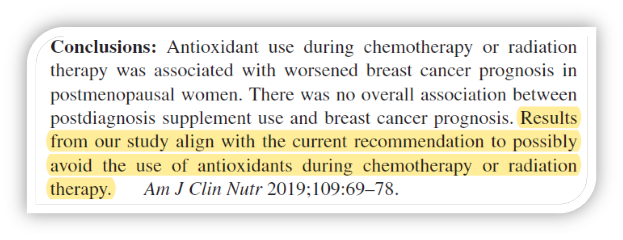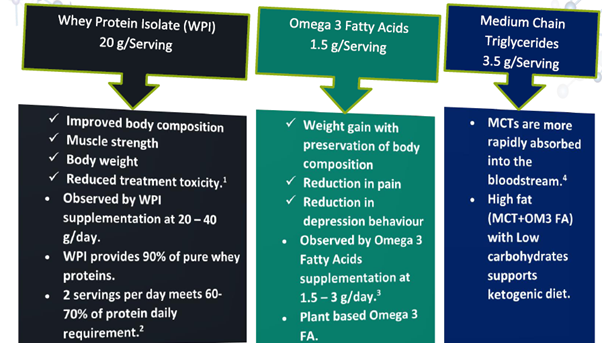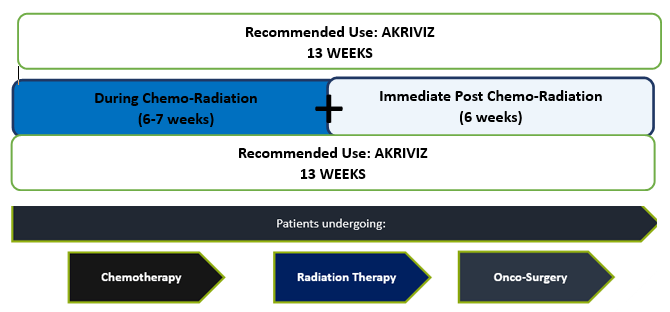Omega-3 fatty acids
Omega-3 fatty acid supplementation can offer several benefits to cancer patients. Omega-3 fatty acids are a type of polyunsaturated fat found in certain foods and supplements, with the most common forms being eicosapentaenoic acid (EPA) and docosahexaenoic acid (DHA). Here are some key advantages of omega-3 fatty acid supplementation for cancer patients:
- Anti-inflammatory properties:
Omega-3 fatty acids have potent anti-inflammatory effects in the body. Chronic inflammation is often associated with cancer development and progression. Omega-3 supplementation can help modulate inflammation, potentially reducing the risk of certain cancers and minimizing inflammation-related symptoms experienced by cancer patients.
- Supportive effect during treatment:
Cancer treatments such as chemotherapy and radiation therapy can cause side effects like fatigue, loss of appetite, weight loss, and inflammation. Omega-3 fatty acids have shown potential in alleviating these treatment-related symptoms. They can help improve appetite, maintain or restore weight, and reduce fatigue, thereby supporting overall treatment tolerance and quality of life.
- Cardiovascular health:
Some cancer treatments, such as certain chemotherapy drugs and radiation therapy, may increase the risk of cardiovascular problems. Omega-3 fatty acids have cardiovascular benefits, including reducing triglyceride levels, improving blood vessel function, and reducing the risk of heart disease. By supporting cardiovascular health, omega-3 supplementation can be especially beneficial for cancer patients at higher risk of cardiovascular complications.
- Immune system support:
A well-functioning immune system is crucial for cancer patients. Omega-3 fatty acids have immunomodulatory properties and can help regulate immune responses. They can enhance immune cell function, support the production of protective antibodies, and improve overall immune system function. This can potentially enhance the body's ability to fight cancer cells and reduce the risk of infections during treatment.
- Psychological well-being:
Cancer diagnosis and treatment can have a significant emotional impact on patients, leading to increased stress, anxiety, and depression. Omega-3 fatty acids have been associated with improved mental health outcomes. They may help reduce symptoms of depression and anxiety and contribute to better overall psychological well-being in cancer patients.
It is important for cancer patients to consult with their healthcare team, including registered dietitians, to determine their individual protein and nutritional needs and choose the most appropriate high-quality protein supplements. The healthcare team can provide guidance on the timing, dosage, and selection of supplements tailored to the patient's specific nutritional requirements and treatment plan.





